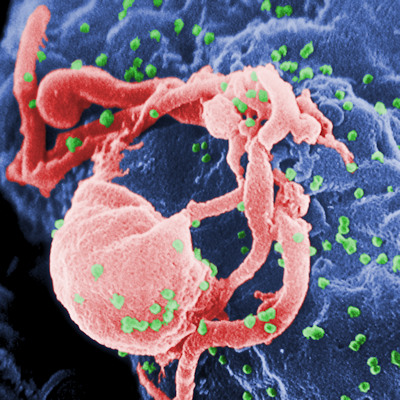 Computational approach predicts effectiveness of bNAb combinations to treat HIV
Computational approach predicts effectiveness of bNAb combinations to treat HIV
July 20, 2022 -- Researchers have developed a computational approach to predict the effectiveness of broadly neutralizing antibodies (bNAbs) combinations to treat HIV based on the genetics of the virus. Read More
 Scientists identify what flips switch to activate retron’s toxins to prevent viral spread
Scientists identify what flips switch to activate retron’s toxins to prevent viral spread
July 18, 2022 -- European Molecular Biology Laboratory researchers have identified what flips the switch to activate a retron’s toxins to prevent a viral spread, using genetics, proteomics, and bioinformatics. Read More
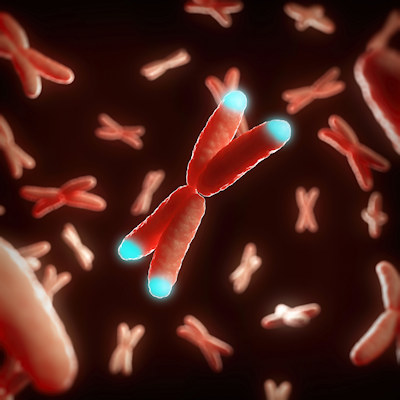 Researchers reveal new function of ADAR1 enzyme, linked to age-related diseases
Researchers reveal new function of ADAR1 enzyme, linked to age-related diseases
July 18, 2022 -- Scientists from the Wistar Institute have revealed a new function of the adenosine deaminase acting on RNA 1 (ADAR1) enzyme, linking it to age-related diseases independent of RNA editing during aging. Read More
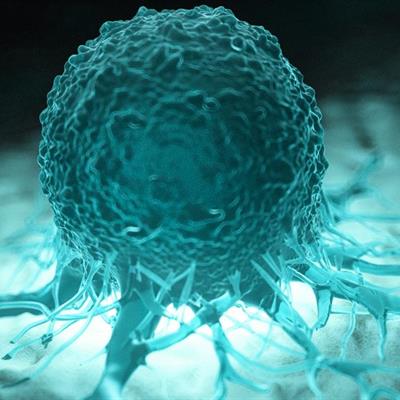 Wisc. researchers unearth secrets of talin
Wisc. researchers unearth secrets of talin
July 18, 2022 -- Researchers from the University of Wisconsin-Milwaukee have built a tool to investigate the mechanical response of the R8 rod domain of talin. They found under various force cycles, the R8 domain of talin can display a memory-dependent behavior. Read More
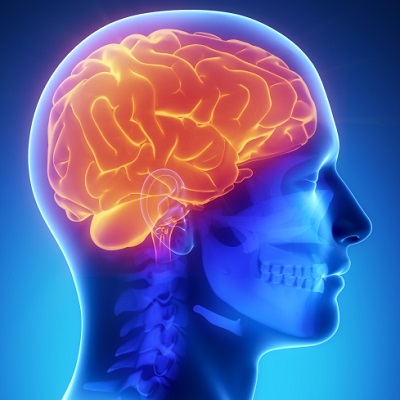 Scientists better understand interneurons and their role in autism
Scientists better understand interneurons and their role in autism
July 18, 2022 -- New research identifies specific cells that regulate the transmission of information between brain areas and could form the basis for development of new treatment options for neuropsychiatric disorders such as schizophrenia and autism. Read More
 U.K.-Swiss team uncovers poxvirus immunosuppressing protein mechanisms
U.K.-Swiss team uncovers poxvirus immunosuppressing protein mechanisms
July 14, 2022 -- Poxviruses infect a host by delivering a package of proteins that directly interferes with the body’s immune system even before it has begun to replicate, using proteins specifically designed to target key components of a host’s immune response, according to research published in PLOS Pathogens. Read More
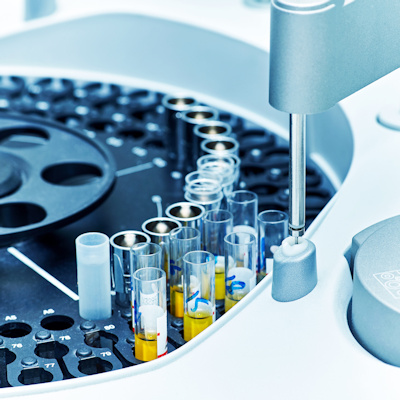 Biochemical pathway leads to inflammation characteristic of autoimmune disease: study
Biochemical pathway leads to inflammation characteristic of autoimmune disease: study
July 14, 2022 -- Researchers from the University of California, San Diego School of Medicine, along with colleagues from other institutions, have described the biochemical pathway that leads to inflammation characteristic of autoimmune diseases, which they contend could lead to new anti-inflammatory therapies. Read More
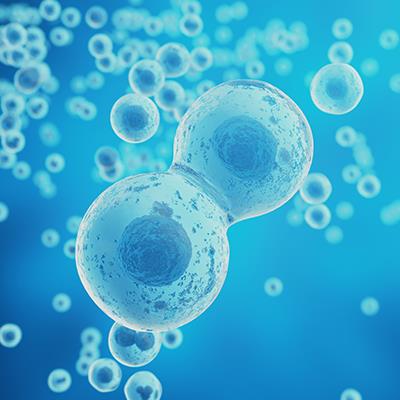 New stem cell mechanism in mice intestines has potential human application
New stem cell mechanism in mice intestines has potential human application
July 13, 2022 -- Researchers have found a new biophysical mechanism that regulates stem cells in the intestines of mice, which could have implications for potential new treatments for human diseases. Read More
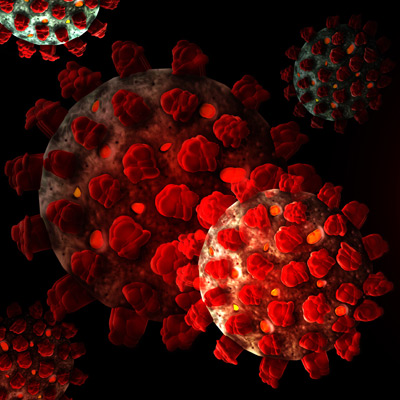 Researchers target protein to hasten search for next COVID-19 antiviral
Researchers target protein to hasten search for next COVID-19 antiviral
July 13, 2022 -- A new approach to identifying molecules that interfere with the protein nsp13 could speed up the search for the next COVID-19 antiviral and lead to development of pan-coronavirus antivirals. Read More
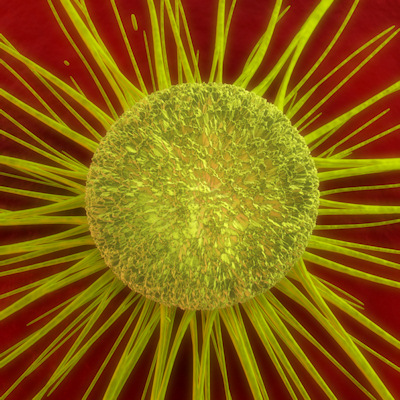 Study finds cancer cells gravitate toward mechanical ‘sweet spot’ environments
Study finds cancer cells gravitate toward mechanical ‘sweet spot’ environments
July 12, 2022 -- An international team of researchers, led by University of Minnesota Twin Cities engineers, has discovered that cancer cells invade the body based on the stiffness of their environment, providing a new understanding of how cancer spreads and the potential for improvements to future treatments. Read More
Conferences
Member Rewards
Earn points for contributing to market research. Redeem your points for merchandise, travel, or even to help your favorite charity.
Research Topics
Interact with an engaged, global community of your peers who come together to discuss their work and opportunities.
Connect
Tweets by @ScienceBoard



